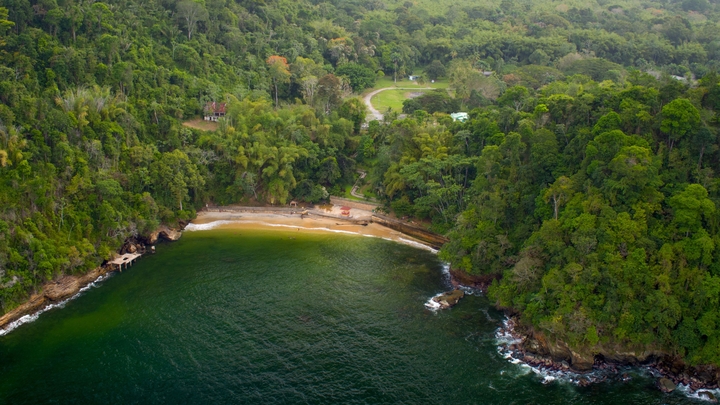Paradigm Shift Generator
The Problem
Human behaviors are driven by global market forces that impose extractive as opposed to regenerative consumer choices. Changes to these behaviors are inhibited by conceptual inertia that widens inequalities and assigns high value to deforestation, overfishing and trafficking tied to pollution, habitat loss, extinctions and food insecurity. As data collection capacity grows exponentially, priorities for effectively processing, testing and disseminating shift. The speed, scale and safety of these shifts are subject to human cultural, linguistic, historic and perception constraints. These conceptual and perception constraints inhibit capacities to assess or adapt behaviors in ways that shift economies in ecologically sustainable directions
Our Proposal
Paradigm Shift Generator (PSG): An open-sourced iterative guide system with adaptive training enabling ecologically regenerative development in residential, communal and ecologically degraded spaces as proof-of-concept circular economy modules. The goal of each of these sites is to be as close to self-sustaining as possible while emphasizing endemic biodiversity, ecological and geophysical features, and meeting requirements for trade, manufacturing, import, export and safety standards. As an example: a small island can simultaneously have PSG sites themed on regenerative agriculture, sustainable fishing and closed loop manufacturing where sites interact/synergize with each other, villages, schools, protected areas, cities, tourism agencies and universities to become viable parts of an ecosystem-prioritized economy. Training packets consist of Daily exercises in data processing, evaluation, planning next steps, material use, maintenance and upgrade activities for that day. Points are awarded for -increasing food or economic security while promoting endemic biodiversity and bioabundance. -reducing illegal biological, social or geophysical trade -including the entire life cycle and next iterations of any material or product in its design and manufacture Points will be used to assign reinvestment incentives. An Incentive cannot be so great that it creates its own illegal trade.
We Assume that...
3) Even the most well equipped and well-intentioned think tanks and NGOs are subject to the bottleneck of item (2).
4) PSG can adapt mechanisms from recent and ongoing large-scale behavioral change initiatives that have exceeded predicted scales of impact and are generating more restorative than degradative results
5) By emphasizing iterative adaptation using pre-existing routines we can minimize needs for capital investment
6) By keeping the PSG movement open sourced, and inclusive of disadvantaged communities, conceptual shifts that align with assumption 4 will be self-generating.
7) Social influences and social appeal that align with assumptions 4, 5, and 6 will be receptive to augmentation
9) Cultural pride will facilitate societal adaptation as opposed to collapse in the face of rapid novel change
8) Competitive Games as proof-of-concept tools bridge gaps between theory and implementation by enabling progressive disruption and generating mechanisms for localized training and adaptation.
2) No mechanism currently challenge advertising and marketing industries in terms of idea inundation and acquisition of human attention.
1) Indigenous, poor or average consumers have low direct access to basic research
Constraints to Overcome
Behavior Constraints for this project are tiered The over-arching constraint is conceptual inertia 1) World War-era industrial economic theory still forms the educational and contextual training framework for building economies. 2) Behaviors stemming from (1) are rooted in value assignment patterns that cannot be updated using current or traditional methods. 3) The resulting value-assignment system generates self-reinforcing social disparity that also reinforces current choice architectures, as well as pre-existing social, material and financial incentives
Current Work
1) Activity template for website iteration 1. This will be a series of daily activities dedicated to building an agroforest of native species in an average consumer residential space in a tropical forest biome. Templates for other biomes will follow. Each activity should be designed to take approximately 1 hour per day. Developmental series where activities can build upon each other or promote capacity development are encouraged. The activity template can be generic, but we will like to add options for endemic specificity according to Neotropical, African or Asia-Pacific locations. We will like to curate 4 to 6 months of activities before launch and modify these activities according to post launch feedback from both contributors and users 2) Form partnerships with stakeholders who participate in or distribute activity templates 3) Management plan for Fundraising and template development (e.g., aquaculture) while using the tropical agroforest iteration as proof-of-concept
Current Needs
Funding to support: 1 full time Media coordinator 4 full time biologists 1 -2 engineering or design specialists 1 Project manager Travel for site-specific consults
